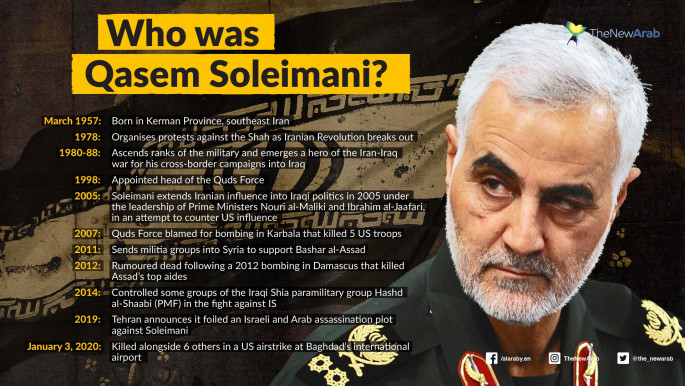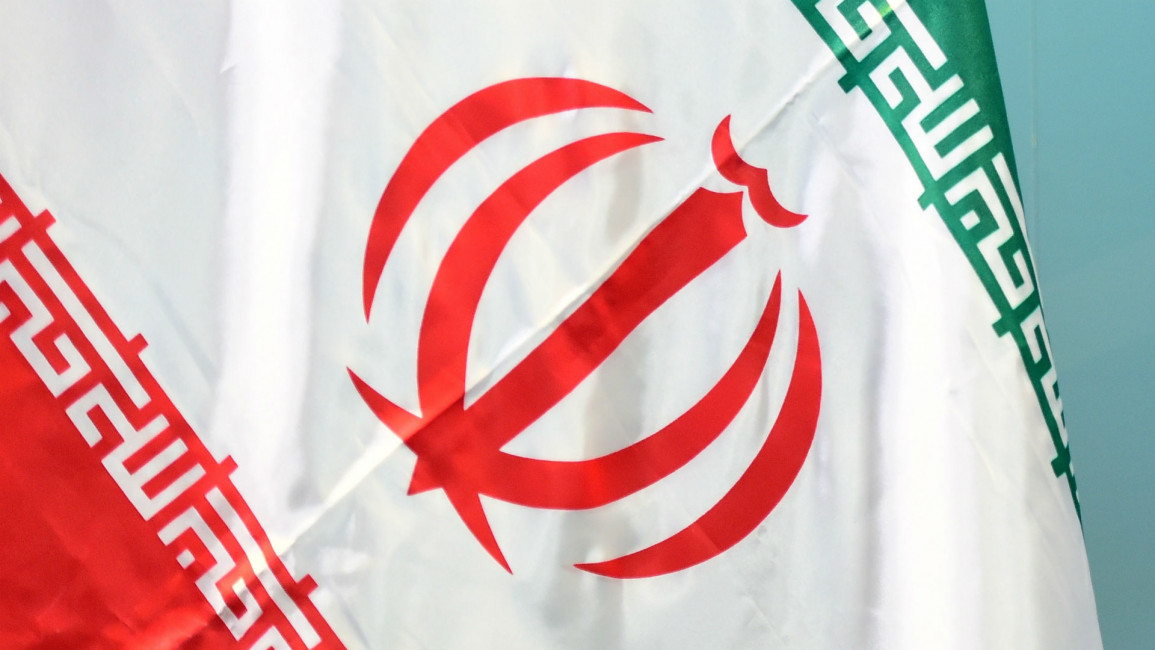US border police 'ordered' to detain Iranians, Lebanese and Palestinians in wake of Soleimani killing
As many as 200 travellers with links to Iran were detained for as long as 12 hours as they crossed the border from Canada into Washington state the weekend of January 5-6, following the US drone strike that killed top Iranian commander Qasem Soleimani, according to Congresswoman Pramila Jayapal.
Many of those detained were US citizens and some had even been cleared to participate in a program for trusted travellers.
Now, Jayapal is working to verify a bulletin published by Washington community newspaper The Northern Light which appears to show that border officials were ordered not only to detain Iranians but also Lebanese and Palestinian nationals, as well as travellers with links to those nations.
Customs and Border Protection (CBP) denied at the time it had targeted Iranian-Americans based on their country of origin and said it had not issued any such directive.
|
|
Local immigration attorney Len Saunders said on Wednesday he had been provided a copy of a directive apparently issued by CBP's Seattle field office.
The document said that agents should "conduct vetting" on Iranian, Lebanese and Palestinian nationals born between 1961 and 2001.
But the directive also instructs agents to "conduct vetting" on any traveller born between those years who has other links to Iran, Lebanon or Palestine.
Such links could range from having been born in one of the countries or having traveled there in the past. In fact, the leaked document directly instructs agents to vet anyone who has previously traveled to Iran or Lebanon.
Additionally, the document instructs agents to vet Iranian and Lebanese travelers with prior travel to Afghanistan, Pakistan, Syria, Jordan or Israel.
Bid to rout out Iranian agents
The directive lists additional criteria which would see travellers subject to further scrutiny.
Within those criteria are "extremist ideology or links to terrorism", "criminality" and "deceptive behaviours" but the document more specifically instructs agents to attempt to detect soldiers from the Iranian Revolutionary Guards Corps' foreign operations arm.
 |
| [Click to enlarge] |
The elite Quds Force was headed by Soleimani until his killing earlier this month.
Agents should not rule out any traveller as a possible Quds Force member based on their stated faith, the directive says.
"This group is so elite and well trained to evade. Anyone can state they are from a different faith to mask their intentions," the document reads. It adds that travellers should be scrutinised "even if they are not of Shia faith" - referring to the Islamic sect which forms Iran's majority - if they state they are Baha'i, a minority faith which is heavily persecuted in Iran.
Border agents typically have discretion to refer a traveller for additional inspection, such as when their paperwork is not in order or if something raises the agent's suspicion.
But immigration rights groups and lawmakers say singling out Iranian-Americans on such factors was wrong and violated their right to equal protection under the law.
In a letter dated January 7, Jayapal asked the Trump administration to produce within two weeks any directives or other guidance regarding the screening of people with Iranian heritage. The administration failed to meet that deadline, she said, but it provided a telephone briefing last week indicating such guidance had been issued.
The document "matches exactly the process described by CBP leadership in a briefing last week, our own sources inside CBP, and the credible and powerful accounts from travelers who faced extreme profiling at the US-Canada border", Jayapal, a Seattle Democrat, said in a statement on Thursday.
 |
It appears the CBP did... wrongly direct officers to target and detain travelers based on national origin, and interrogate them about their religion and beliefs |  |
The CBP said in a statement that the matter is under investigation.
Saunders told The Associated Press he did not know who provided him the document. A man in a sweatshirt walked into his office around noon on Wednesday and left it with his assistant in an unmarked white envelope, he said.
"I opened it up, and I was like, 'This is a smoking gun'," Saunders said. "I've been doing this for 20 years in Blaine. For someone to come into my office anonymously and drop off evidence - it's unheard of. It shows how unhappy the officers are at having to do this."
Hugh Handeyside, senior staff attorney with the ACLU's National Security Project, said the document appeared to show that CBP had been "caught in a lie".
"It appears the agency did, in fact, wrongly direct officers to target and detain travelers based on national origin, and interrogate them about their religion and beliefs," Handyside said.
"There is simply no justification for these CBP practices against travelers who present no security concern. The agency should immediately withdraw this directive, if genuine, and Congress should investigate and prevent these abuses."
Agencies contributed to this report
Follow us on Twitter and Instagram to stay connected



